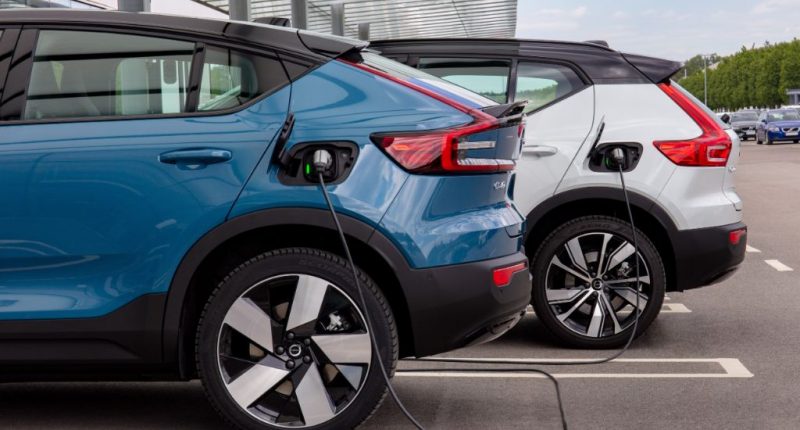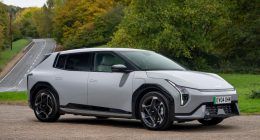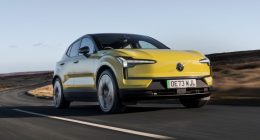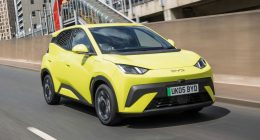Every new passenger vehicle that joins Northern Ireland’s roads from 2035 must produce zero emissions as the British government aims to do its bit to tackle climate change. Before then, car manufacturers will be olbiged to sell a greater number of Zero Emission Vehicles (ZEVs) each year from 2024.
Ministers want to increase the number of electric vehicles from the current 5% figure to 25% by the start of the next decade, rising to 50% of the UK’s total car fleet by the middle of 2030. A ban has already been announced on the sale of new petrol and diesel cars from 2030, although some plug-in hybrid electric models are to be exempt from the legislation.
As part of the government’s Net Zero Strategy, £620m will be set aside for electric vehicles and street charging points grants, on top of £350m that is being promised to help the automotive supply chain move to electric.
Such large sums are deemed necessary to improve the reliability of the existing charging infrastructure network and allow for this to grow in order to ensure greater accessibility. More details on this are expected to be announced before the end of the year when an ‘EV Infrastructure Strategy’ will be published.
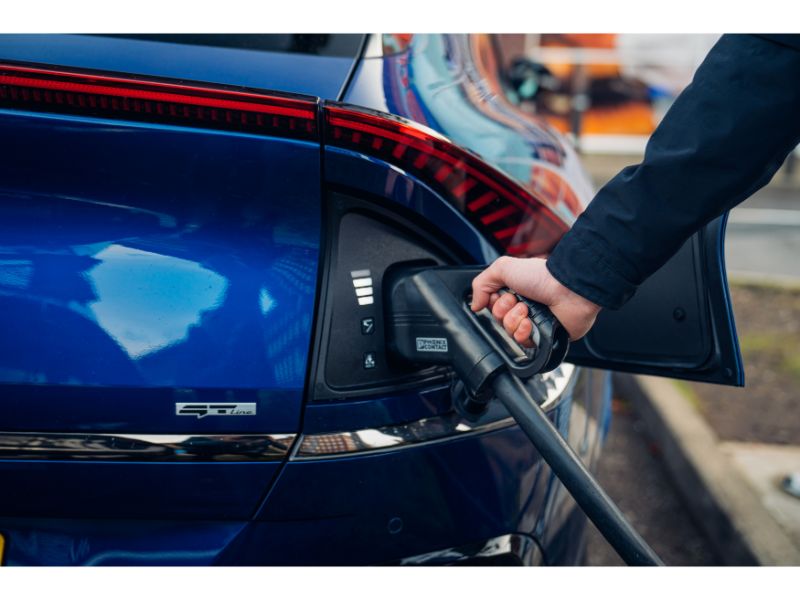
The Prime Minister says the move away from fossil fuels towards a carbon free future is one way to safeguard the existing 22,000 jobs in the UK’s car sector, and create as many as 52,000 new posts over the next eight years.
However, Boris Johnson said it would be wrong to think Electric Vehicles (EVs) were the silver bullet which is why “low carbon fuels will continue to play a crucial role in maximising carbon savings from road vehicles” between now and 2050 when it hopes to reach a target of net zero emissions.
Reflecting on the work that has so far taken place in Northern Ireland, Mr Johnson said: “In Northern Ireland, £74 million has been invested in the purchase of zero and low emission vehicles (hydrogen and electric) and associated infrastructure in the public transport sector.
“A £20 million Blue/Green infrastructure investment fund was launched in 2020/21 and has continued in 2021/22, which has supported a range of initiatives including active travel schemes across Northern Ireland.
“An Executive Energy Strategy is currently being developed which will include measures focusing on informing transport choices and behaviours, and establishing a sustainable transport hierarchy that will support changes in how we travel, reduce the distances travelled in private vehicles, and decarbonise transport,” he added.
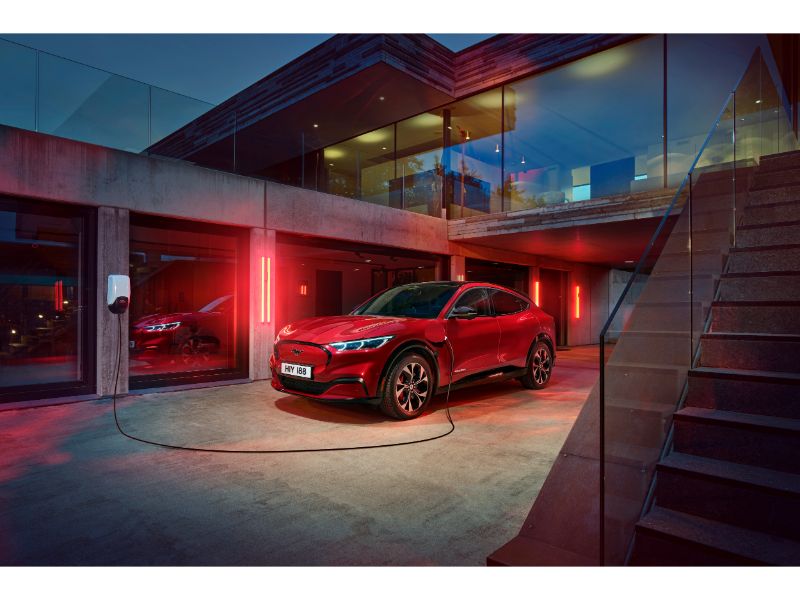
Mike Hawes, Chief Executive of the Society of Motors, Manufacturers and Traders, welcomed the government’s announcement, saying the automotive industry is putting zero-emission vehicles on local roads “at pace beyond all forecasts”
He said: “A well-designed, flexible regulatory framework could help maintain or even increase this pace to ensure we deliver on our shared decarbonisation ambitions.
“Consumers need choice and encouragement, irrespective of where they live or what they drive. The additional targeted funding for electric vehicles is welcome and will help ensure affordability for certain models.
“To ensure we have the reliable, accessible and nationwide chargepoint network this transition needs, however, requires a similar regulatory approach.
“The announcement of additional funds for on-street residential charging must energise much-needed private sector investment but consumers will only have confidence in the future if there are commensurate and binding requirements on the infrastructure sector.
“Combining regulatory commitments with financial ones is the key to a successful transition to zero-emission road transport,” he added.
